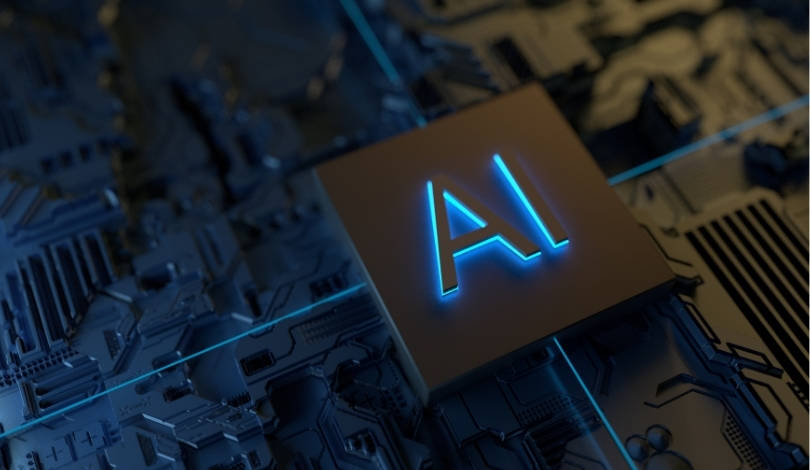Hans Zimmer, renowned for composing iconic film scores, has publicly stated his decision to exclude artificial intelligence from his creative process. Despite the industry’s increasing adoption of AI technologies in music production, Zimmer remains committed to human-driven artistry. His stance underscores a broader conversation about the role of technology in creative fields.
Zimmer’s resolute position contrasts with previous indications of cautious consideration towards AI integration. Earlier remarks suggested a willingness to explore technological tools, but his latest statements clearly delineate a boundary. This shift highlights a deepening inquiry into maintaining artistic integrity amidst advancing digital capabilities.
Why Does Zimmer Reject AI in His Music?
“I’ve never written a piece of music using A.I. because I want it to be my piece,”
Zimmer emphasized his desire for personal touch and emotional authenticity in his compositions. He believes that AI-generated music lacks the nuanced emotion that human composers bring to their work.
What Impact Could AI Have on Film Scoring?
The use of AI in film scoring raises questions about originality and emotional depth in soundtracks. Zimmer points out that while AI can assist in generating music, it often relies on existing patterns, resulting in a lack of unique emotional expression that stands out in platforms like Spotify.
How Has Zimmer Adapted to Technological Advances?
Despite his reservations about AI, Zimmer has historically embraced new technologies, such as digital sampling and electronic instruments. His collaboration with BMW on creating electric vehicle sounds demonstrates his willingness to innovate, provided it complements his creative vision.
Zimmer acknowledges that AI could potentially serve as a tool for innovation, aiding musicians in expressing emotions or crafting unique experiences. However, he remains skeptical about the current capabilities of AI to produce truly forward-looking and imaginative sounds that break new ground.
The debate surrounding AI in music composition reflects broader concerns about the intersection of technology and creativity. Zimmer’s stance highlights the importance of preserving the human element in art, ensuring that technological advancements enhance rather than replace the emotional core of creative works.
Zimmer’s perspective adds valuable insight to the ongoing discourse on AI’s role in the arts. As AI technology continues to evolve, the balance between leveraging its capabilities and maintaining artistic authenticity will be crucial for creators seeking to innovate while preserving the depth of human emotion in their work.










